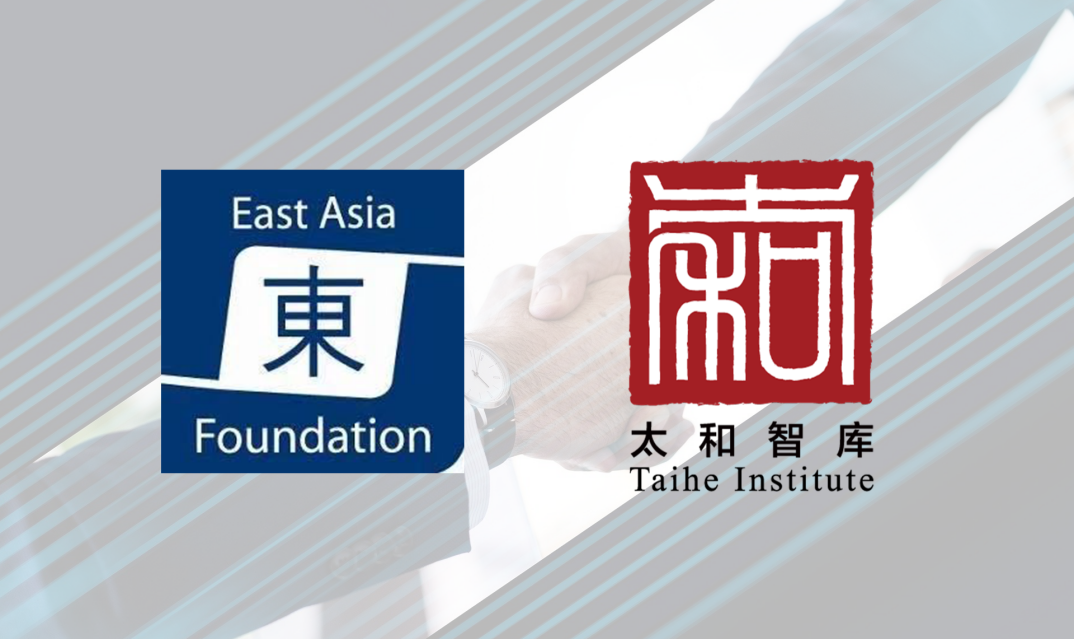Recently, a delegation from the East Asia Foundation of South Korea visited Taihe Institute and had in-depth exchanges with some of the Taihe researchers. The topics discussed comprise the situation on the Korean Peninsula, the trilateral relationship between South Korea, America and Japan, the Sino-U.S. trade war, and economic and trade relationships between China and South Korea.
The delegation said that the United States had brought the funding of the U. S. military stationed in South Korea to the forefront, challenging the U.S.-South Korean relationship. Although the threat of war on the Korean Peninsula has been lifted in the short term, no substantial progress has been made on the issue of denuclearization. Differences between South Korea and Japan in areas such as history, trade and military security have become increasingly prominent. South Korea hopes that China will play a more active role in those related issues.
Although the issue of the THAAD missile defence system has not yet been fully resolved, the bilateral Sino-South Korean relationship is now relatively stable. But if the United States deploys medium-range missiles in South Korea, it will cause serious damage to the Sino-South Korean relationship. South Korea is currently excavating the remains of Chinese People's Volunteer Army members on the high ground near the 38th parallel, and is expected to find 3,000 to 5,000 remains, the delegation said. South Korea will further consolidate Sino-South Korean relationship by resolving those historical problems.
The North Korean nuclear issue is a complex structural matter, the core of which is the bilateral relationship between North Korea and South Korea and the trilateral relationship involving the United States, South Korea and North Korea. This complex, asymmetric and mutually balancing structure has left the situation on the Korean Peninsula deadlocked, and even affected the security structure of Northeast Asia as a whole. Since last year, a new window of opportunity for interaction between the U.S. and the DPRK seems to be opened. China has also done some positive work to promote the expansion of this window and thus to achieve substantial progress on this matter. TI experts suggested that South Korea should strengthen its autonomy and strategic self-confidence on the Korean Peninsula issue, and hope that the United States, South Korea and North Korea could take positive measures to create goodwill and build mutual trust among the three parties.
China is South Korea's largest economic and trade partner, but the United States is putting enormous pressure on South Korea from investing in and trading with China. China is not the initiator of the Sino-U.S. trade war, and both China and South Korea are victims of this conflict. The two sides agreed that today's global industrial chain is sufficiently flexible, and wanton destruction of the world trade system can not achieve its goals and will surely reap its own reward.
China-South Korean relationship have a deep historical basis, solid practical foundations and huge potential for development. In the future, Taihe Institute will continue to give full play to the advantages and strengths of non-governmental institutions, strive to explore and build more channels and platforms, further enhance exchanges of views and mutual learning between China and South Korea in different fields, and contribute wisdom and strength to the maintenance of stability and peace on the Korean Peninsula.
—————————————————————
ON TIMES WE FOCUS.
Should you have any questions, please contact us at public@taiheglobal.org
